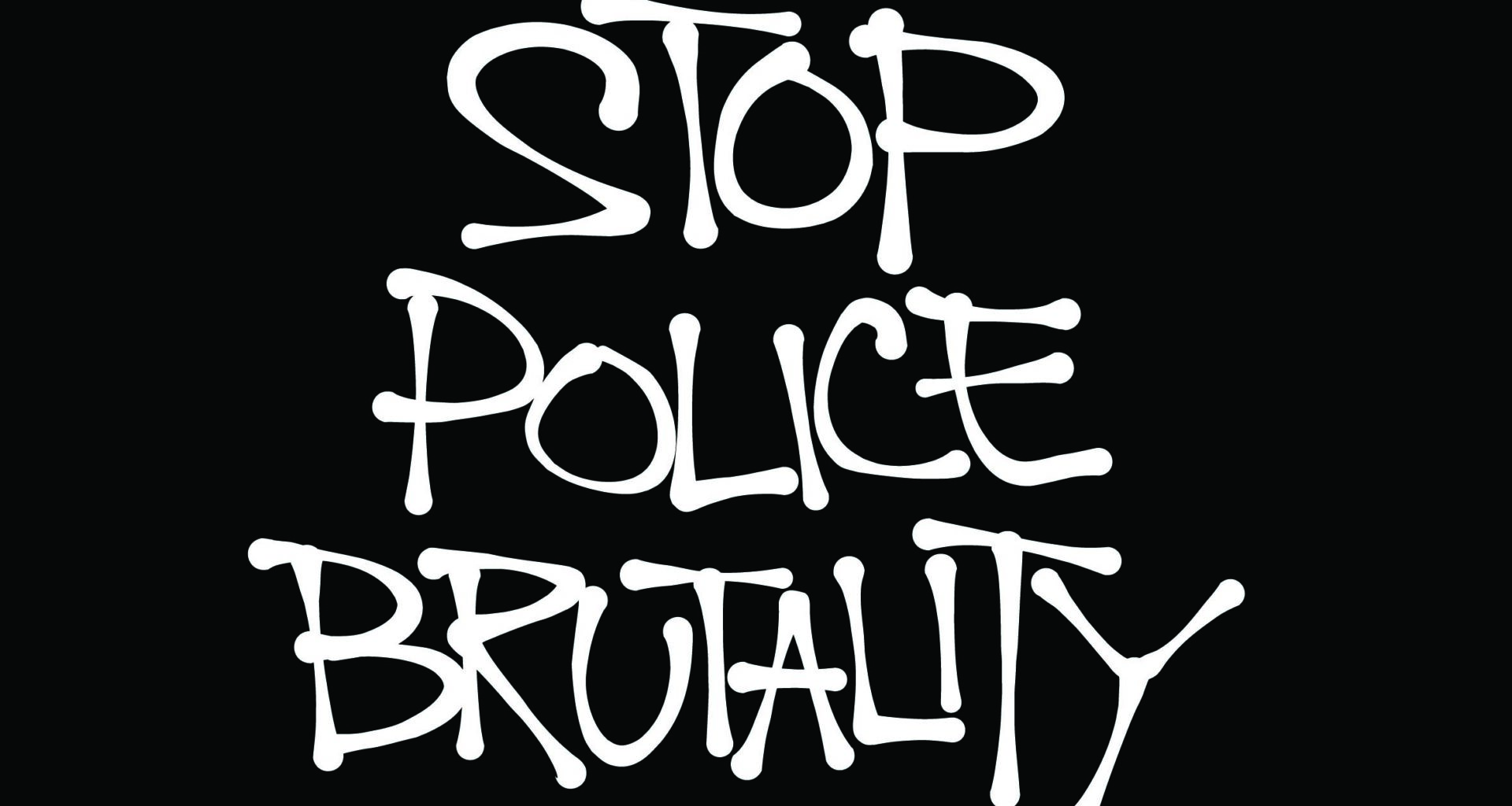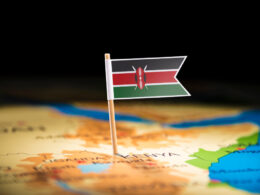NAIROBI,Kenya – Musalia Mudavadi, the Prime Cabinet Secretary and Minister of Foreign and Diaspora Affairs, at the 44th Ordinary Session of the African Union, while responding to concerns raised about police brutality in Kenya by the African Commission on Human and Peoples’ Rights, stated that police brutality does not occur in Kenya.
Such a statement is far from the truth. Kenyans, and especially the ordinary citizenry, may have faced some form of police brutality or their use of excessive force, which either resulted in death or persons sustaining severe injuries.
Indicating that police brutality does not occur in the country made Kenya seem like a utopian country where the police are so disciplined and adhere to the respect of human rights and the rule of law in line with regional and international best practices.
The truth of the matter is that police brutality and impunity do occur in Kenya, and the same cannot be whitewashed.
In 2019, then Interior Minister Fred Matiangi admitted that, indeed, there was police brutality occasioned by police officers, and he vowed to end such impunity. He had stated that no officer was above the law and actions would be taken against such an officer.
He further indicated that there would be respect for the rule of law and respect for the lives of Kenyans. Musalia Mudavadi, while at the African Union, would have equally admitted that police brutality was a challenge and that they were working closely with diverse stakeholders to ensure reforms within the police service.
In 2023, while Kenyans took to the streets to protest, popularly now known as Mandamano, we witnessed the use of excessive force and brutality in the country, which resulted in the death of some protestors and even others who were not part of the demonstrations, despite Constitutional safeguards being in place in terms of rights and fundamental freedoms to peacefully assemble, which the police ignored.
They led to serious human rights abuses in the country. To date, unfortunately, no police officers have been held accountable for their actions during that period.
In our courts, several police officers have been arrested, charged and convicted for the killings and brutalisation of Kenyans. The late human rights lawyer Willie Kimani, his client and their driver died at the actual hands of police officers.
The late Kianjokoma brothers were also killed due to police brutality, and the case of baby Pendo cannot be easily forgotten. Rogue police officers such as Rashid have been on a killing spree just because they can.
Taking it back a bit, during the COVID-19 pandemic and containment measures put in place, we equally witnessed police brutalise Kenyans, especially during curfew hours. The creation of the Independent Policing Oversight Authority (IPOA) was a clear indication that there was a need to monitor what the police were doing, especially on the issue of police brutality. Numerous cases of extrajudicial killings and enforced disappearances have been linked to the police.
Although the instances stated above are not exhaustive, they offer a glimpse into the state of police brutality and impunity among the police. Such brutality is very present with us, and there is a need to end it. When the Prime Cabinet Secretary stated that police brutality does not occur in Kenya, he was being very economical with the truth.
It is the reason why most civil society organisations and social justice centres are working collectively to highlight such impunity and pushing for the prosecution of all preparators. There is an urgent need to have police reforms in the country.
The Author, Wallace Nderu is An Advocate of the High Court and a Programme Officer at ICJ Kenya.










